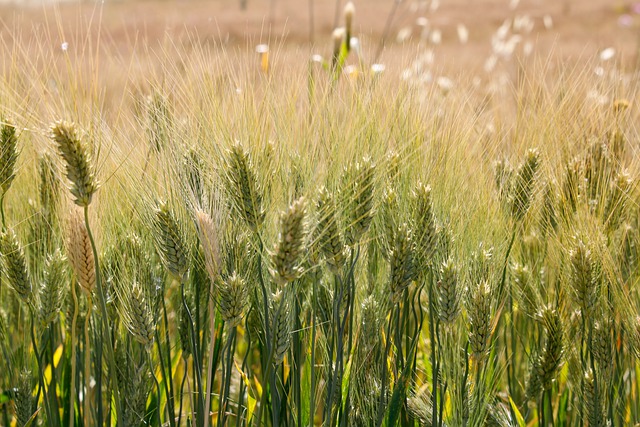Gluten is at the dock of the accused: many are deprived of it, without precise diagnosis. Gluten is in the dock since the publication of some books that accuse him of being toxic, and especially responsible for several chronic diseases. Many do not, without really having an accurate diagnosis. We take stock! Here is a guide for gluten free diet.
Intolerance to gluten
Although we speak of intolerance, celiac disease is very different from other intolerances (like lactose) since the immune system is involved. It is an autoimmune disease triggered by gluten especially, in people with a genetic predisposition. When a person suffering from celiac disease ate a food containing gluten, his immune system is activated. It causes the destruction of the lining of the small intestine, which causes the malabsorption of many essential nutrients including iron, calcium and folic acid. More than one in 100 Quebecers suffer.
Symptoms, including fatigue, bloating, cramps, diarrhea and skin lesions, are common to many diseases. Thus, celiac disease is hardly detectable, so that nine out of ten people are unaware of it. Only a biopsy of the intestinal wall and a blood test can confirm the diagnosis. A gluten-free diet reverses steam, rebuilds the lining of the gut, eliminates symptoms, and reduces the risk of complications such as anemia, lactose intolerance or osteoporosis.
A Restrictive diet

Gluten is a protein found in many grains, including wheat, barley, oats, rye and triticale, as well as a variety of byproducts. The gluten-free diet is very restrictive and asks to exclude from the diet any trace of the protein. To meet this daunting challenge, keep an open mind and turn to less-exploited grains such as quinoa, buckwheat, rice and corn.
Hypersensitivity to gluten: New condition that arouses the interest of researchers
Since the publication of several books on the subject, many people have removed gluten from their diet without any real scientific relevance. Is this hard-to-follow diet good for everyone? If the gluten-free diet is essential for people with celiac disease, therefore it is not advisable for the majority of people.
The gluten-free diet can however benefit some people who suffer from gluten hypersensitivity, a condition where people have various symptoms of intolerance (abdominal cramps, diarrhea, intense fatigue, etc.) without intestinal involvement. People with type 1 diabetes, ataxia and irritable bowel are more prone to gluten intolerance. In all other cases, people who reject gluten without diagnosis are depriving themselves of nutritious foods.
In conclusion
Several personalities extol the merits of the gluten-free diet. Yet, a healthy person does not benefit from removing this protein from their diet. On the contrary, adhering to such a diet without the advice of a registered dietitian can lead to deficiencies in several vitamins and minerals. In addition, the majority of gluten-free products are more expensive than others. In short, the gluten-free diet is not a healthy option, but a treatment reserves for individuals who have been diagnosed with celiac disease or gluten hypersensitivity.
READ MORE : Gluten : Advantages & disadvantages
READ MORE : Indian Gluten Free Diet
